After the entry of the decision of the judicial authority on the criminal case into force, its execution begins. The implementation of the requirements reflected in the sentence is an independent and mandatory stage of production, possessing all the signs characteristic of other stages. At the same time, the circle of participants is expanding: bodies and institutions authorized to execute the court order are added to them. 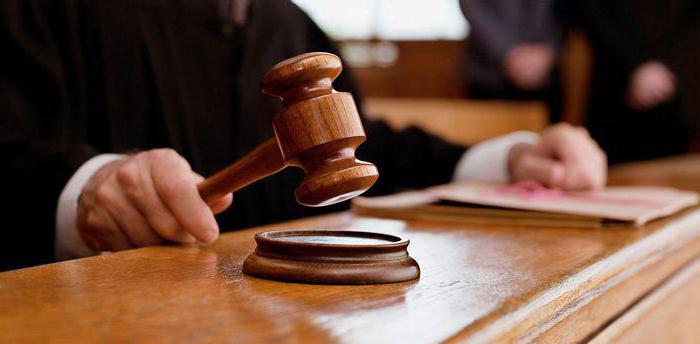
Stage specifics
At the stage of implementation of the provisions of the sentence, certain procedural actions are performed and special relations arise. For example, relatives are given the opportunity to see the convict.
All actions at the execution stage are documented by relevant documents. They differ from acts that are drawn up at other stages of the proceedings. For example, authorized persons make a decision to appeal a court sentence.
Key Features
At the executive stage, prescriptions can be implemented, reflected not only in the sentence, but also in other acts of the judicial authorities (determinations of the first, appeal or other instance, for example).
One of the features of the stage is that it can occur repeatedly in the course of legal proceedings. This may be due to changes in the court decision, the emergence of legal issues to be considered.
The execution stage is not associated with the study of the subject of proof, which is the same for the previous stages. However, he is present in it and to one degree or another is associated with circumstances that must be proved. The subject is determined by the specifics of the issues that the court resolves at the stage of execution of the sentence. I must say that their number exceeds 20. Therefore, it is not possible to formulate the subject of proof at the stage of execution of the court sentence.
At this stage, the previous stages of the proceedings are not monitored.
Matters that may be resolved by the court as part of the executive stage, the procedure for their consideration and jurisdiction are defined in Art. 396, 397, 399 Code of Criminal Procedure. Consider their summary. 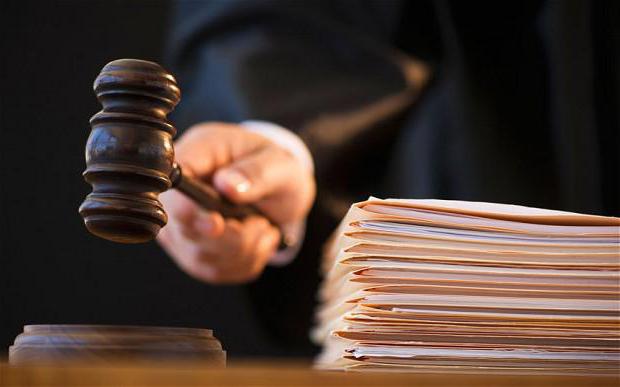
396 article of the CPC
This rule defines special jurisdiction in deciding issues related to the implementation of the sentence.
The separation of competencies of authorized structures is based on the principle of procedural economy and the requirement of accessibility of the court to the location of the perpetrator.
Depending on the nature of the issue, it may be decided solely by a judge:
- in a meeting at the place of sentencing;
- at the address of the subject serving the sentence or applying compulsory medical measures to it, or at the place of detention of the citizen;
- at the place of residence of the convict.
rules Art. 396.399 Code of Criminal Procedure do not contradict the provisions of Article 63 of the Code, which do not allow the judge to re-participate in the meeting. The fact is that the stage of the execution of the sentence is not connected with the examination of the case on the merits and the adoption of a final decision on it.
In the second part of article 396, the rule is established that the issues reflected in paragraphs 1, 2, 9-11, 14-16, and 20 397 of the norm and Art. 398, in the execution of a sentence outside the territory of the court’s activity, they are allowed by a judge of the same level, and in the absence of a court by a higher court. This provision is consistent with the general principle of inadmissibility of a dispute over jurisdiction.
Conviction of a convict
If, after receiving a petition on matters within the competence of the court operating at the place of serving the sentence by the person, the citizen was transferred to another colony or correctional institution, the materials shall be considered at the place of actual location of this subject.For this, the materials are sent to the appropriate judicial authority. 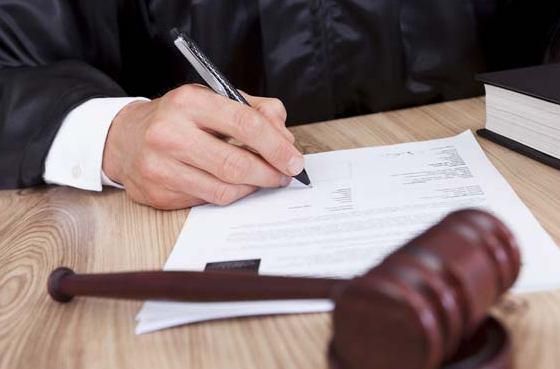
Upon receipt of the petition, the court is obliged to check whether it can be considered in this instance, whether the proper subject compiled it, whether the documents necessary for resolving the issues, as well as copies of judicial acts, are attached. If the materials for resolving issues are insufficient, or they are drawn up incorrectly, the case is returned to correct the deficiencies.
If there are no documents to be sent by the correctional institution, the court cannot refuse to accept for consideration the request of the convicted person, defense counsel, or representative under the law. At the same time, the authority renders assistance within the framework of its authority in collecting the necessary data.
Art. 399 Code of Criminal Procedure
This norm establishes the procedure for consideration at the executive stage of individual issues. The list of the latter Art. 397.
Art. 399 Code of Criminal Procedure establishes that consideration of issues related to the implementation of the sentence is carried out at the request of the rehabilitated person in the case enshrined in paragraph 1 397 of the norm. They are associated with compensation for harm to the rehabilitated subject, restoration of his housing, labor, pension and other rights in accordance with the provisions of part 5 of the 135 norm and part 1 of article 138 of the article.
In p. 2 hours 1 tbsp. 399 Code of Criminal Procedure it has been established that, at the request of the convicted person, questions can be considered in cases enshrined in paragraphs 3-6, 9 and 11 397 of the norm, as well as in parts 1 and 2 of article 398.
Situations referred to in paragraph 18, 18.1 of Art. 397 are permitted upon the submission of a law enforcement agency or institution of a penal system at the place of detention of the subject.
Consideration of issues in cases established by 20 and 21 points of Art. 397 Code of Criminal Procedure, 399 norm is applied subject to the requirements enshrined in 469-472 articles of the Code. 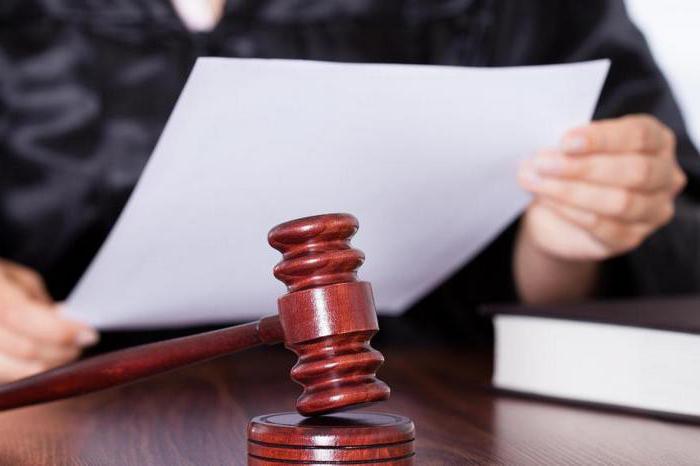
Matters relating to the execution of court orders reflected in the sentence are resolved upon the proposal of the executing authority in the cases referred to in paragraph 12 of Art. 397, in respect of an adult citizen recognized as suffering from pedophilia, not excluding sanity, convicted of attempted sexual assault on a person under 14 years of age.
According to Art. 399 Code of Criminal Procedureissues are also addressed:
- On the proposal of the executive institution in the cases enshrined in paragraphs 2, 4.1, 7-8.1, 12, 4.2, 17, 13, 15, 10, 19 of Art. 397.
- On the proposal of the body in which the person is serving a sentence according to the rules of article 81 of the PEC, in the situations referred to in paragraphs 3-5 397 of the norm.
- According to part 2, 42 of the norm - in the case enshrined in clause 16 of Art. 397.
Procedural moments
Institutions, persons, bodies listed in h. 1 tbsp. 399 Code of Criminal Proceduremust be notified of the time, place, date of the meeting at least 2 weeks before the day of the hearing.
A representative of a correctional institution or an authorized body is invited to consider issues, upon the submission of which they are resolved. If the issue is related to the execution of a court decision in part of a civil suit declared during the course of proceedings, a civil defendant and plaintiff may be involved in the meeting.
If there is a request from the convicted person for his participation in the hearing, the court, by Art. 399 Code of Criminal Procedure, is obliged to ensure his direct presence or the opportunity to express his opinion through video conferencing. The question of the specific form of citizen participation is decided by the judge. A petition for the participation of a person serving a sentence may be submitted simultaneously with a petition for resolving issues related to the execution of court orders specified in the sentence, or within 10 days from the date of receipt of the notification of the time, date, place of consideration of the latter.
Victim participation
When resolving the issues referred to in paragraphs 4, 5, 19, 397 of the article, as well as those related to the postponement of the execution of the court order, the victim, his legal representative, may be considered if the case file contains a decision on their notification made in accordance with the rules of part 5 313 articles. 
These persons may participate in the proceedings directly or through video conferencing.
The victim, his representative shall be notified of the opportunity to attend the consideration of the above issues in at least 14 days. until the day of the meeting. Within ten days from the date of receipt of the notice, the court shall resolve the question of the form of participation of these persons.
The absence of the representative or the victim at the hearing, if they were notified in the prescribed manner, cannot interfere with the meeting.
Additional Provisions
The convicted person, the victim, their representatives participating in the meeting are entitled, on the basis of 3 parts Art. 399 Code of Criminal Procedure, get acquainted with the materials provided to the court, participate in their consideration, submit documents, express challenges, submit petitions, give explanations.
A lawyer may act on behalf of the convicted person. In accordance with part 6 Art. 399 Code of Criminal Procedure, in the resolution of issues relating to the implementation of court orders, the prosecutor’s employee is entitled to participate.
The hearing should begin with the report of the representative of the authority / institution that sent the submission, or with the applicant's explanation. Then the court should examine the materials, hear the explanations of the persons present, the opinion of the prosecutor. The meeting ends with a decision.
Art. 399 Code of Criminal Procedure with the 2016 comments
The norm under consideration defines entities that can submit a petition for resolving specific issues related to the fulfillment of court orders specified in the sentence. The subject composition directly depends on the problem that needs to be resolved.
Analyzing Art. 399 Code of Criminal Procedure with comments lawyers, it can be noted that specialists distinguish the following categories of persons:
- Bodies / institutions included in the FSIN. For example, this may be the administration of a colony in which a citizen is serving a term.
- Convicted.
- Rehabilitated.
Important points
In development of the provisions of 3 parts Art. 399 Code of Criminal ProcedureThe Constitutional Court determined that upon receipt by the court of a petition for the convict to participate in resolving the issue of parole, it is necessary to ensure the presence of a person in order to state his position and provide necessary evidence. 
The subject who is serving a sentence, as well as a rehabilitated citizen, has the right to use the assistance of a defender in all legal relations relating to the consideration of issues enshrined in article 397. The lawyer in such cases acts as a representative.
The specifics of the participation of the prosecutor
As article 1 of the Federal Law No. 2202-1 establishes, supervision of the activities of bodies and institutions included in the FSIN is one of the key areas of prosecutorial work. Based on this provision and Art. 399 Code of Criminal Procedure, the prosecutor may be involved in the consideration of issues related to the execution of court orders fixed by the sentence.
The realization of this opportunity, firstly, is regarded as ensuring the implementation of supervision. Secondly, the participation of the prosecutor is associated with the implementation of the functions of criminal prosecution of persons involved in crimes, so we are talking about issues that arise in the framework of criminal proceedings.
Documenting
When resolving issues related to the implementation of the court sentence, a protocol is kept. The document that the judge accepts based on the results of the consideration of the application must be in the form of a motivated act (resolution).
Judicial Issues
The court has the right to resolve issues relating to:
- Substitution of punishment for malicious evasion from serving.
- Imputation of a fine on the basis of the provisions of article 46 of the Criminal Code.
- Assignment of compulsory work, according to Art. 40, correctional labor under Art. 50, restrictions on freedom under Art. 53.
- Changes in the type of institution in which a citizen sentenced to imprisonment is serving a sentence, based on provisions of articles 78 and 140 of the PEC.
- Parole according to rules 79 of the norm of the Criminal Code. Consideration of this issue occurs in practice quite often.
- The appointment of a forensic psychiatric examination, according to Part 2.1 of Art. 102 of the Criminal Code.
- Replacing the unserved term with a milder sanction, based on the provisions of Article 80 of the Criminal Code.
- Release from punishment due to a serious illness of the convict under Art. 81.
- The abolition of probation or increase the duration of the trial period.
- Cancellations or additions of duties assigned to the convicted person or restrictions imputed to punishment in the form of imprisonment.
- Exemption from serving a term due to the expiration of a sentence.
- Execution of a judicial indictment in the presence of other outstanding sentences, if the relevant issue is not resolved in the most recent decision.
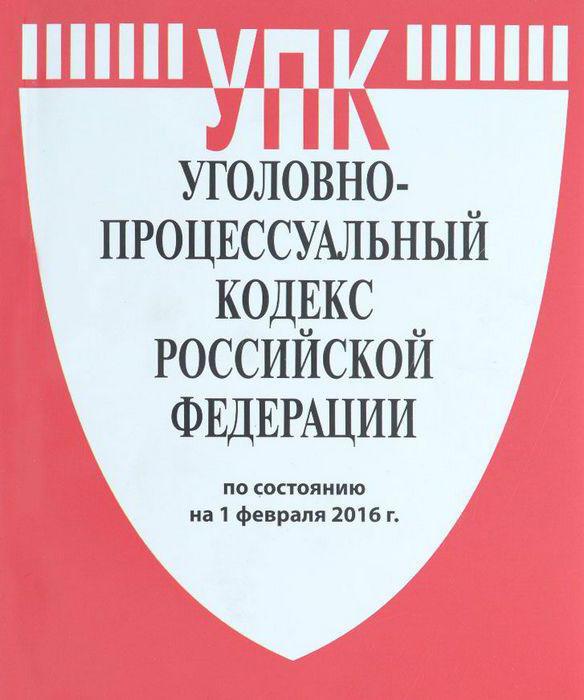
This list is far from complete. In total, article 397 contains 21 questions that must be resolved by the court at the execution stage. The list is closed (not subject to broad interpretation). This means that the court does not have the right to consider issues not listed on its own discretion.